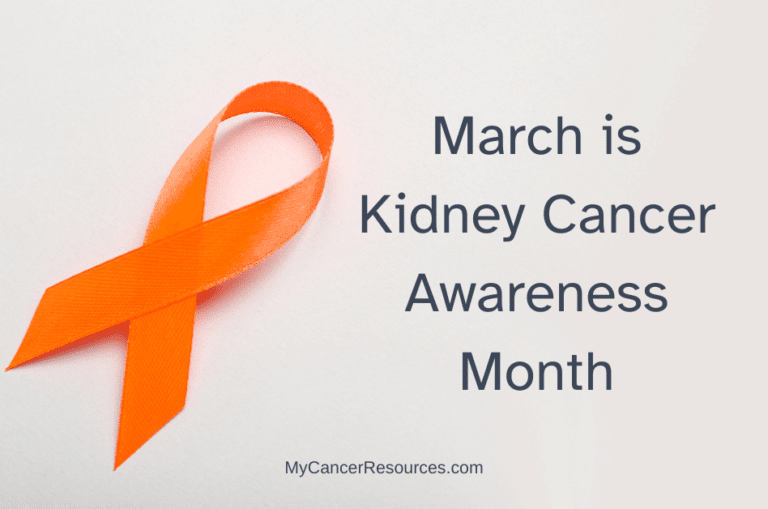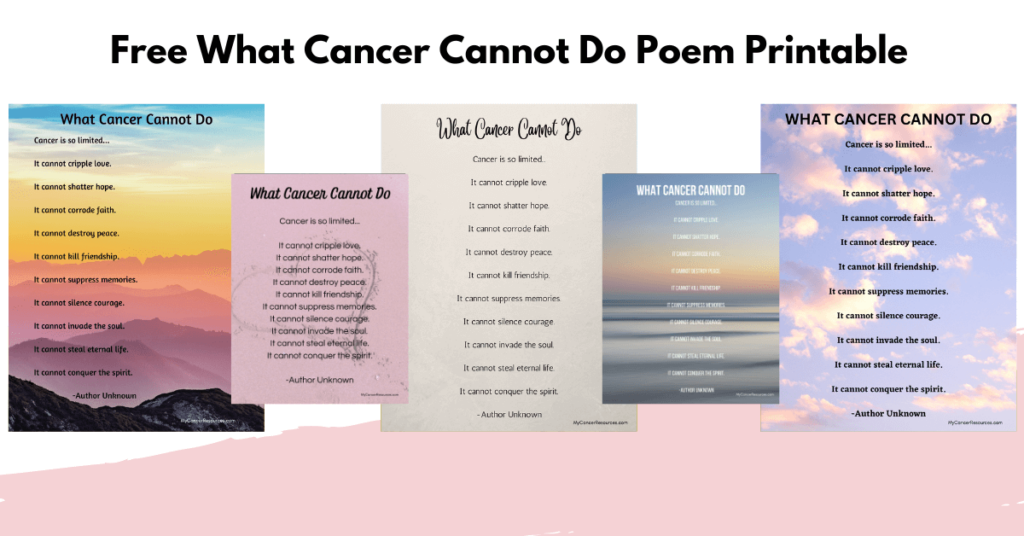
March is known as National Kidney Cancer Awareness Month. The purpose of this is to spread the word about symptoms and risk factors of kidney cancer, encourage people to get examined if they’re showing warning signs, and celebrate advances in kidney cancer treatment.
Kidney Cancer Awareness Month is represented by an orange ribbon.
Understanding the Kidneys and What They Do
Most people have 2 kidneys. These are reddish-brown organs are found on each side of the body, in the lower back. Each is the shape of a kidney bean.
The kidneys act as a filtration system for the body. About every minute, the kidneys process about half a cup of blood. They filter out toxins, extra water, sodium, acid and more.
This filtered material creates the waste product of urine, which is released from your body through your bladder and urethra.
The minerals and nutrients left after being filtered by the kidneys are returned to your bloodstream.
In a single day, the kidneys filter about 200 quarts of blood. The kidneys also produce important hormones that help with red blood cell production, control blood pressure and more.
Each kidney works independently, meaning a person can live with just one working kidney.
If the kidneys are damaged, or cannot filter the blood properly, a dialysis machine can be used to remove the blood from the body a little at a time, clean it, and return it to the body. Dialysis must be done a few times a week to make sure the blood is clean so the body can work as well as possible.
Types of Kidney Cancer
Kidney cancer is when there is a growth of abnormal cells in the kidney.
The most common type of kidney cancer is called renal cell carcinoma. This type makes up about 90% of kidney cancer cases.
A rare type of kidney cancer is called renal sarcoma. This kind of cancer begins in either the connective tissue or blood vessels of the kidney.
Wilms tumor, or nephroblastoma, is very rare in adults. But in children, about 90% of kidney cancers are Wilms tumors.
Kidney cancer can often be cured if it is diagnosed and treated when it is still within the kidney.
Statistics About Kidney Cancer
According to the American Cancer Society, in 2024, around 81,610 people will receive a diagnosis of kidney cancer. This means kidney cancer is one of the most common cancers in the United States.
Also in 2024, about 14,390 people will die from kidney cancer.
The average age at diagnosis is 65.
Kidney cancer is very rare for people under 45.
Men are almost twice as likely to have kidney cancer than women.
African Americans and American Indian/Alaska Natives are more likely to develop kidney cancer compared to non-Hispanic Whites.
Kidney cancer is one of those cancers where the numbers are rising. This can be related to high rates of obesity and smoking in our population, but also because kidney cancer is often discovered through unrelated medical exams.
Kidney Cancer Risk Factors
Risk factors for developing kidney cancer include cigarette smoking, obesity, high blood pressure, and long-term exposure to certain chemicals and toxins both at work and home.
Overuse or misuse of certain pain medicines can damage the kidneys and lead to kidney cancer.
People with some genetic conditions, like von Hippel-Lindau disease, are at an increased risk of kidney cancer.
People prone to kidney stones or who have chronic kidney disease are also at a higher risk for renal cancer.
Eating red meat and processed meat are also associated with a higher risk of kidney cancer.
Those who have a family history of kidney cancer may be at higher risk, but hereditary kidney cancer is rare.
Signs & Symptoms of Kidney Cancer
Symptoms of kidney cancer include:
- low back pain
- a lump or mass in the lower back or side
- loss of appetite
- unexplained weight loss
- feeling very tired
- an unexplained fever
- blood in the urine
These symptoms can happen one at a time, or many at once. If you’re experiencing a sign of kidney cancer, be sure to see your primary care provider, who can evaluate your physical symptoms and request a CT scan to see your kidneys.
How Kidney Cancer is Diagnosed
Kidney cancer can be hard to detect because the symptoms can be mistaken for other health problems.
Tests that are done include examining your blood and urine to get a clear picture of your overall kidney health. CT scans or other imaging tests take a picture to see if there is a visible mass.
A biopsy may be done to confirm a diagnosis. This is when a small piece of the kidney is removed so a doctor can look at it underneath a microscope to look for cancer cells.
Kidney Cancer Treatment Options
The good news is that early detection, meaning when new diagnoses are made in the early stages of kidney cancer, treatments have great success.
There is a very high rate of cure for early stage kidney cancer.
If just one kidney is affected, surgery may be done to remove a small part of or the whole kidney. This is called a partial nephrectomy.
Chemotherapy or radiation therapy can be used after surgery to destroy any remaining cancer cells.
Just like other cancers, each later stage of cancer can be harder to treat, as it’s spread across a larger area. Immunotherapy may be added to a chemo or radiation treatment plan to help treat kidney cancer patients with advanced or metastatic disease.
Other treatment options include cryotherapy to freeze and kill cancer cells, or ablation, which uses heat to destroy tumors.
This Kidney Cancer Awareness Month, let’s help spread the word about this common type of cancer. Share about risk factors and symptoms, so that those with signs or at risk can be seen by health professionals.
Support kidney cancer patients by starting a meal train, or helping support them in other ways.
Participate in fundraisers and talk to policy makers about increasing funding for cancer research.
We can use Kidney Cancer Awareness Month to make a real difference for those dealing with this type of cancer.



